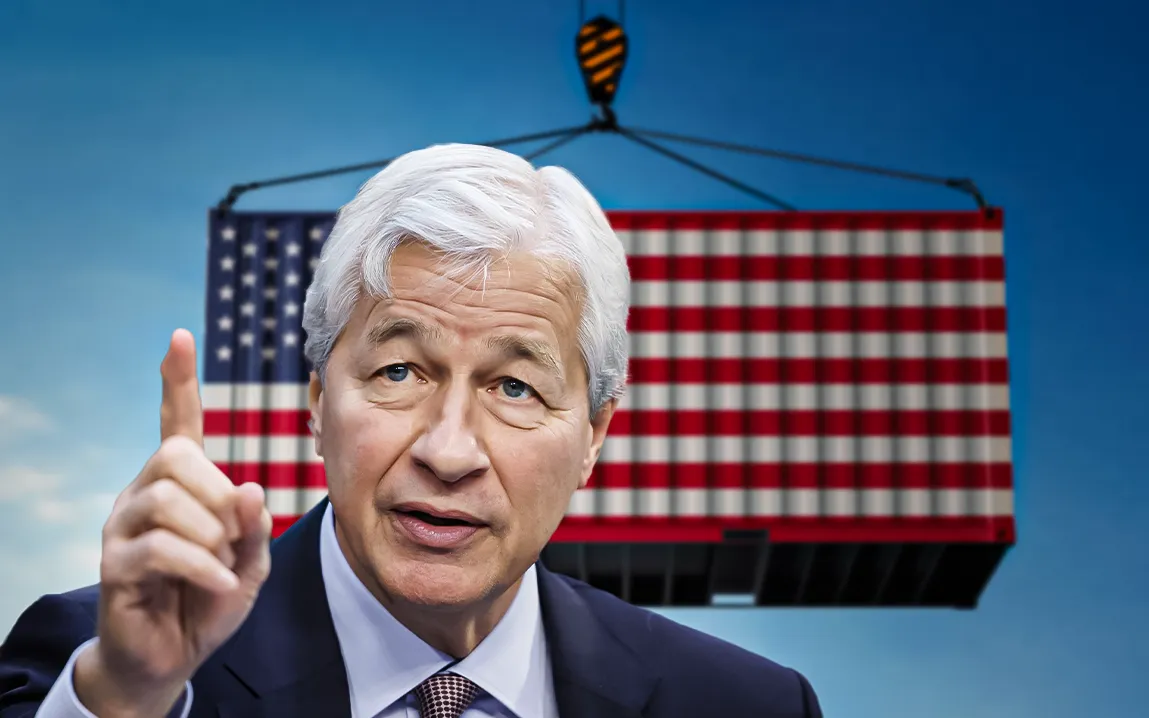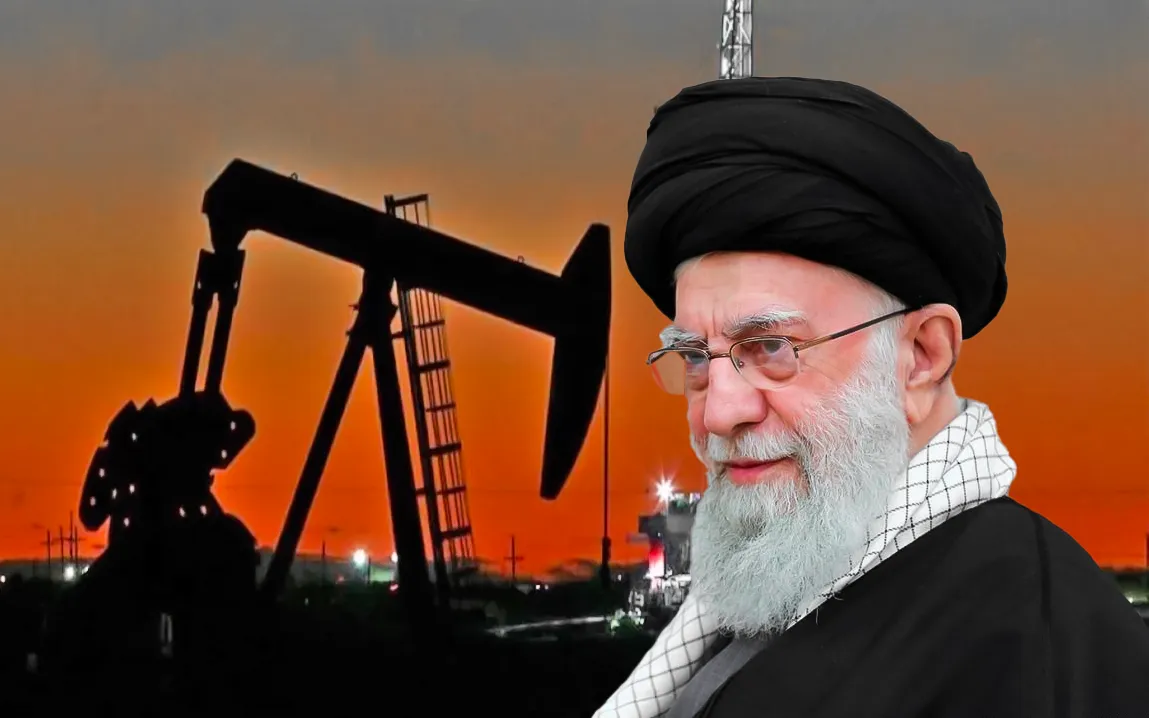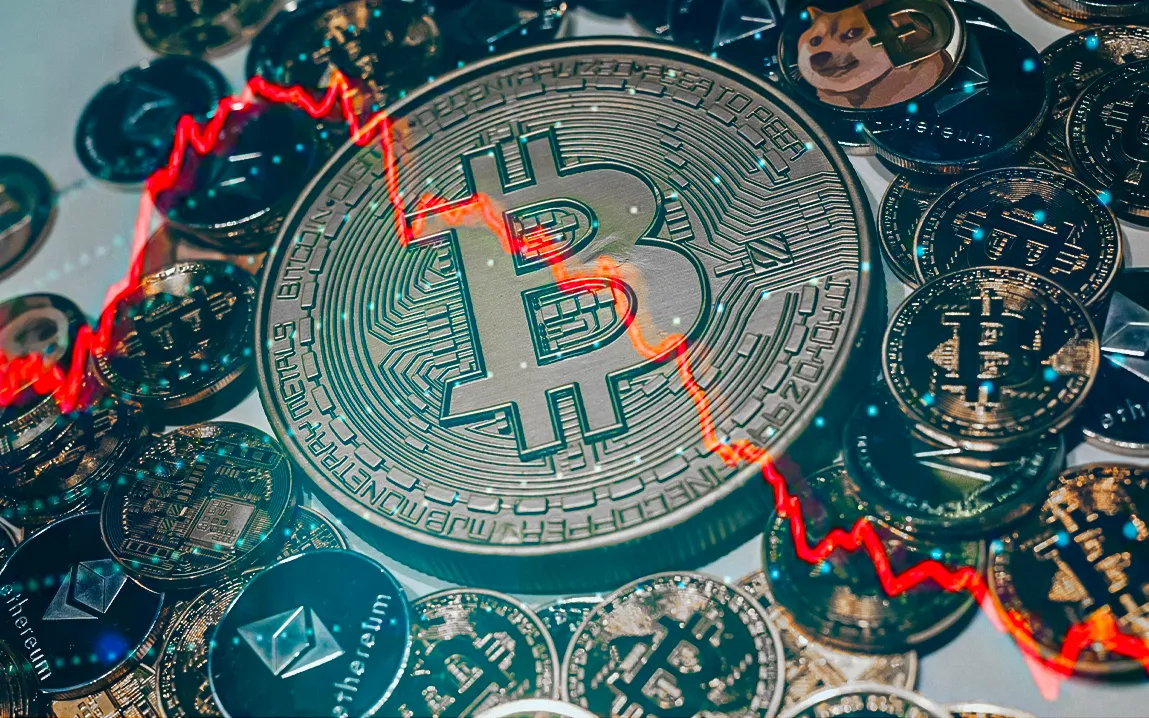JPMorgan Chase CEO Jamie Dimon says President Trump’s new tariffs may cause inflation, slow growth, and weaken U.S. global partnerships.
A CEO’s Candid Warning
At JPMorgan Chase’s annual investor day in New York, CEO Jamie Dimon didn’t hold back. With markets still digesting the impact of President Donald Trump’s sweeping new tariffs, Dimon warned that the consequences could be much worse than expected.
“Uncertainty is not good,” he said bluntly, noting that the financial markets haven’t fully responded to the potential long-term damage the tariffs could cause.
The Return of Economic Risks
Dimon drew comparisons between today’s tariff strategy and economic decisions made back in 1971, a time known for rising inflation and market instability. Calling Trump’s trade measures “pretty extreme,” he suggested they could hurt more than help.
He warned that the U.S. could see higher prices not just on imported goods, but also on items made at home, as companies face rising costs and pass them on to consumers. This could squeeze household budgets and dampen economic momentum.
Worries About Inflation and Credit
Inflation isn’t the only concern. Dimon pointed to rising asset prices and a potential increase in defaults that could strain the credit markets. He believes central banks might not be equipped to deal with a slowdown if one arrives, leaving the economy vulnerable.
Dimon’s warning included a deeper concern: that a credit crunch could follow, with access to loans tightening and businesses pulling back investments.
Global Partnerships at Risk
Another aspect Dimon highlighted was the harm that tariffs can inflict on world relations. He underlined the need to have strong relationships, particularly with nations such as India, Brazil, and those in Southeast Asia.
He warned that excluding the U.S. from major trading partners may dilute the nation’s position internationally and undermine economic and military relations.
National Security vs. Economic Pain
While Dimon acknowledged that some protectionist measures might support national security goals, he urged decision-makers not to overlook the broader economic risks.
He encouraged a more balanced approach, where trade protections don’t come at the cost of growth, inflation control, or America’s international leadership.
Leadership Transition Still in Sight
Dimon also touched on his future at the bank. While he’s still in charge, he reiterated that he plans to step down as CEO “in the next few years,” though the exact timing will depend on the board’s judgment.
This comment keeps the spotlight on JPMorgan’s succession planning, a topic that’s been quietly building behind the scenes.
JPMorgan Chase CEO Jamie Dimon says President Trump’s new tariffs may cause inflation, slow growth, and weaken U.S. global partnerships.
A CEO’s Candid Warning
At JPMorgan Chase’s annual investor day in New York, CEO Jamie Dimon didn’t hold back. With markets still digesting the impact of President Donald Trump’s sweeping new tariffs, Dimon warned that the consequences could be much worse than expected.
“Uncertainty is not good,” he said bluntly, noting that the financial markets haven’t fully responded to the potential long-term damage the tariffs could cause.
The Return of Economic Risks
Dimon drew comparisons between today’s tariff strategy and economic decisions made back in 1971, a time known for rising inflation and market instability. Calling Trump’s trade measures “pretty extreme,” he suggested they could hurt more than help.
He warned that the U.S. could see higher prices not just on imported goods, but also on items made at home, as companies face rising costs and pass them on to consumers. This could squeeze household budgets and dampen economic momentum.
Worries About Inflation and Credit
Inflation isn’t the only concern. Dimon pointed to rising asset prices and a potential increase in defaults that could strain the credit markets. He believes central banks might not be equipped to deal with a slowdown if one arrives, leaving the economy vulnerable.
Dimon’s warning included a deeper concern: that a credit crunch could follow, with access to loans tightening and businesses pulling back investments.
Global Partnerships at Risk
Another aspect Dimon highlighted was the harm that tariffs can inflict on world relations. He underlined the need to have strong relationships, particularly with nations such as India, Brazil, and those in Southeast Asia.
He warned that excluding the U.S. from major trading partners may dilute the nation’s position internationally and undermine economic and military relations.
National Security vs. Economic Pain
While Dimon acknowledged that some protectionist measures might support national security goals, he urged decision-makers not to overlook the broader economic risks.
He encouraged a more balanced approach, where trade protections don’t come at the cost of growth, inflation control, or America’s international leadership.
Leadership Transition Still in Sight
Dimon also touched on his future at the bank. While he’s still in charge, he reiterated that he plans to step down as CEO “in the next few years,” though the exact timing will depend on the board’s judgment.
This comment keeps the spotlight on JPMorgan’s succession planning, a topic that’s been quietly building behind the scenes.



